In this article, Arbitrum Crypto, a Layer-2 solution or scaling solution that is hosted on Ethereum, is the topic of my focus.
It increases Ethereum’s scalability by moving some transactions out of the Ethereum chain, further reducing the cost and increasing speed.
To maintain the security and decentralization of Ethereum, it employs optimistic rollups, which are essential in verifying data.
Recently, it has become an essential platform for developers looking for viable options with reduced costs.
What is Arbitrum Crypto?
Arbitrum is an Ethereum layer-two (L2) scaling solution. It uses optimistic rollups to achieve its goal of improving speed, scalability, and cost-efficiency on Ethereum.
Arbitrum benefits from the security and compatibility of Ethereum. Another benefit is the higher throughput and lower fees compared to Ethereum.
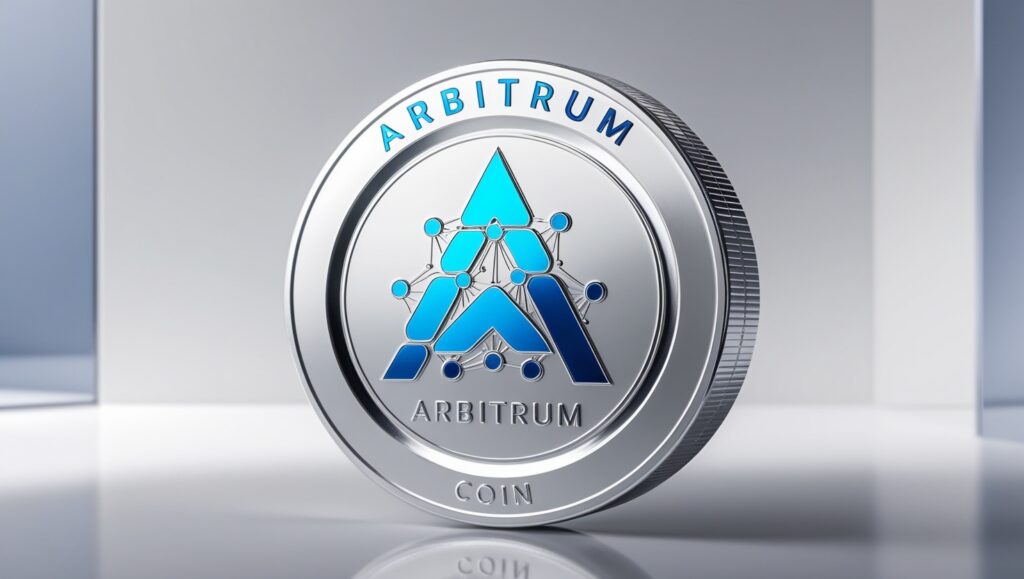
That is possible thanks to moving most of the computation and storage load off-chain.
Arbitrum’s native token is called ARB and is used for governance. Offchain Labs, the developers behind Arbitrum, announced the shift to a decentralized autonomous organization (DAO) structure — the Arbitrum DAO.
ARB holders can vote on proposals that affect the features, protocol upgrades, funds allocation, and election of a Security Council.
Arbitrum Crypto Overview
| Metric | Value |
|---|---|
| Market Cap | $2.84B |
| Volume (24h) | $727.45M |
| FDV (Fully Diluted Valuation) | $6.93B |
| Volume/Market Cap (24h) | 26.14% |
| Total Supply | 10B ARB |
| Max Supply | — |
| Circulating Supply | 4.10B ARB |
Arbitrum Price Live
How does Arbitrum work?
Using rollup technology, Arbitrum aims to scale up and optimize the Ethereum blockchain. It takes many transactions off-chain and sends them together to the Ethereum mainnet as one group.
This batching process minimizes data processing needed on-chain, reducing congestion and transaction fees.
Optimistic Rollups are the approach that helps achieve this by assuming all transactions are valid until a challenge by validators when discrepancies are detected.
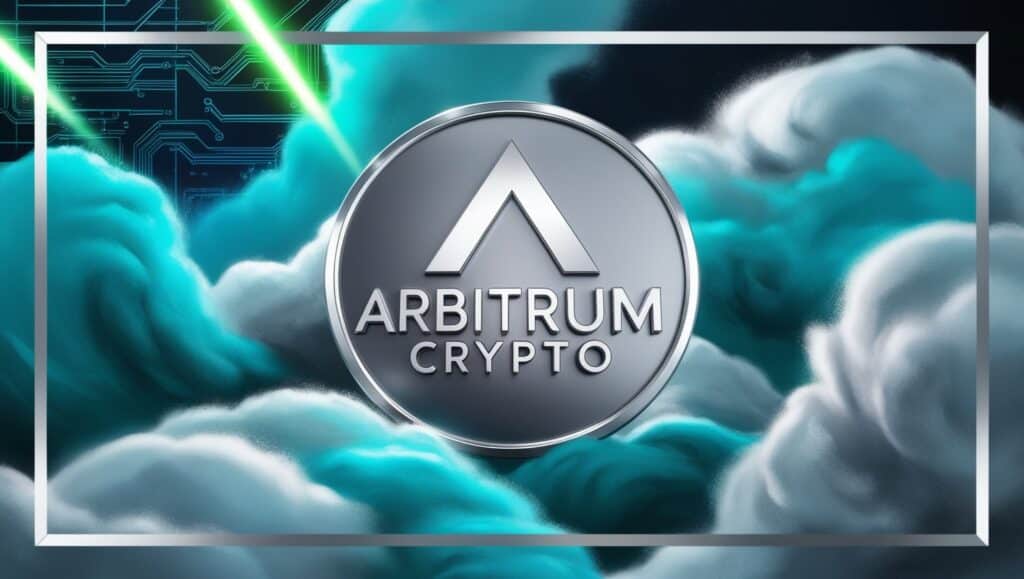
This implies security and integrity with high throughput preserved in its workings.
Furthermore, compatibility is provided with existing Ethereum smart contracts and dApps, thus allowing developers to deploy their applications with minimal modifications.
By offloading substantial computational work off-chain, Arbitrum dramatically scales the Ethereum network making it more user-friendly.
Arbitrum Features
Scalability
Arbitrum processes transactions off the chain, increasing the transaction capacity of Ethereum without sacrificing its security.
Low Fees
Through transaction batching and lowering the number of computation-intensive transactions on Ethereum, Arbitrum reduces gas fees considerably.
Optimistic Rollups
Transaction verification is conducted using optimistic rollup technology, which helps improve scalability without data safety.
Ethereum Compatibility
Since Arbitrum is also an Ethereum-based solution, porting existing intelligent contracts on Ethereum gets developers up and running in no time.
Decentralization
The network architecture is trustless and maintains decentralization by utilizing the security and consensus provided by the Ethereum network.
Who Are the Founders of Arbitrum?
Offchain Labs, a New York-based development company, develop Arbitrum.
Its founders are Ed Felten, Steven Goldfeder, and Harry Kalodner, former Princeton University researchers with years of experience in computer science, cryptography, and blockchain.
Ed Felten is a computer science professor at Princeton and served as President Obama’s Deputy CTO. He is the co-founder and Chief Scientist of Offchain Labs.
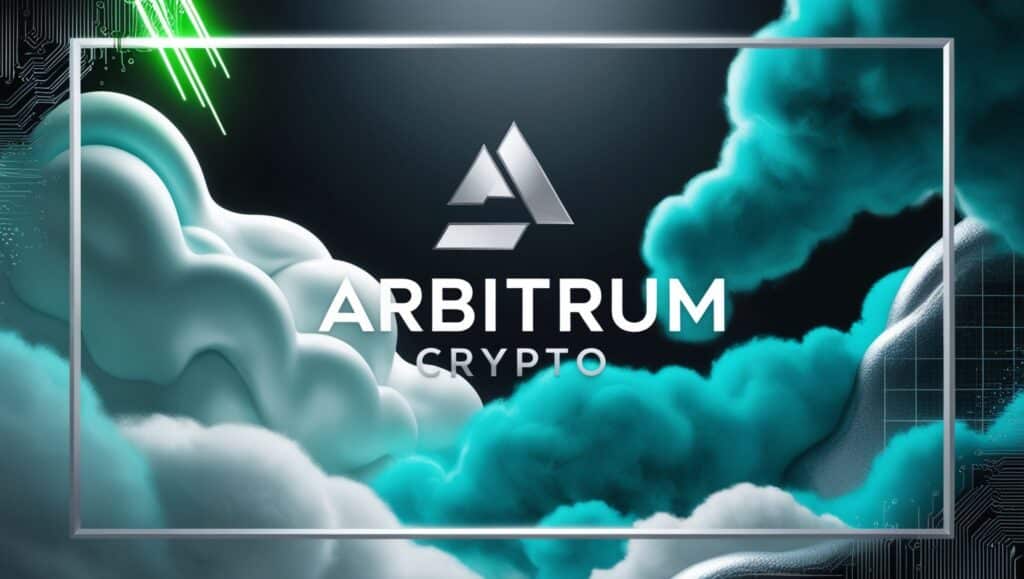
Steven Goldfeder is a computer scientist and entrepreneur who received his Ph.D. from Princeton. He is also the co-founder and CEO of Offchain Labs.
Harry Kalodner is a computer scientist and Ph.D. candidate at Princeton. He is also the co-founder and CTO of Offchain Labs.
In 2021, Offchain Labs announced that it raised $120 million in its latest Series B funding led by Lightspeed Venture Partners, valuing it at $1.2 billion. Other prominent investors include Polychain Capital, Pantera Capital, Mark Cuban and more.
Arbitrum Crypto Token
The Arbitrum ecosystem’s primary token is ARB. Here are its main characteristics:
Governance: Holders of ARB tokens will participate in the management of the Arbitrum network by voting in favor of or against proposed changes to the protocols in place.
Incentives: ARB is utilized to reward the participants and validators of the network for assisting with secure and operational tasks.
Staking: ARB may be staked to ensure security and validate transactions on the Arbitrum network.
Ecosystem Growth: Network participants apply/sustain the token to promote decentralized applications (dApps) and develop new projects on the Arbitrum network.
Deflationary Mechanism: There might be built-in ecosystem deflationary mechanisms designed to lower the number of ARB tokens in circulation over the life of the tokens.
How Is Arbitrum Secured?
Arbitrum derives its security from the Ethereum network, which provides consensus and finality for Arbitrum transactions.
In other words, Ethereum guarantees the validity of the rollup’s off-chain computation and data availability behind the calculation.
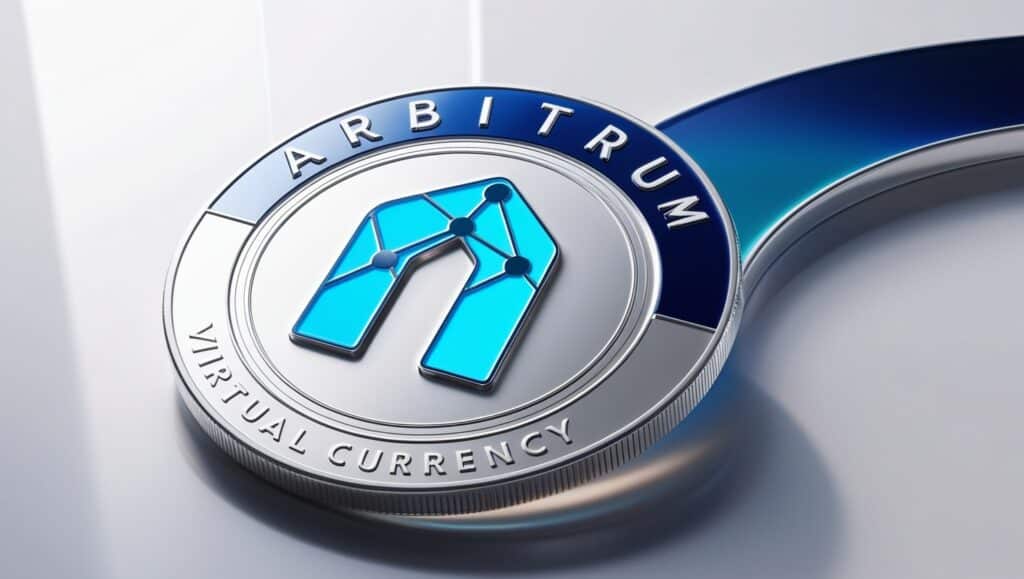
The use of optimistic rollups means Arbitrum executes transactions on the rollup outside of Ethereum and bundles multiple transactions in a batch before submitting it to the mainnet.
As the term “optimistic” suggests, the off-chain transactions are assumed to be valid, and no proof of validity is submitted. In a dispute, there is a time after the rollup is submitted where anyone can challenge the transaction by submitting a fraud proof.
Where Can You Buy Arbitrum (ARB)?
ARB can be purchased on numerous centralized exchanges, including Binance, Coinbase, KuCoin, Bybit, Kraken, Bitfinex, and more. It is also available for trading on decentralized exchanges like Uniswap V3 (Ethereum), Uniswap V3 (Arbitrum) and SushiSwap (Arbitrum).
Keep track of ARB live prices in real time with the CMC mobile app.
Arbitrum Crypto Alternatives
Polygon (MATIC)
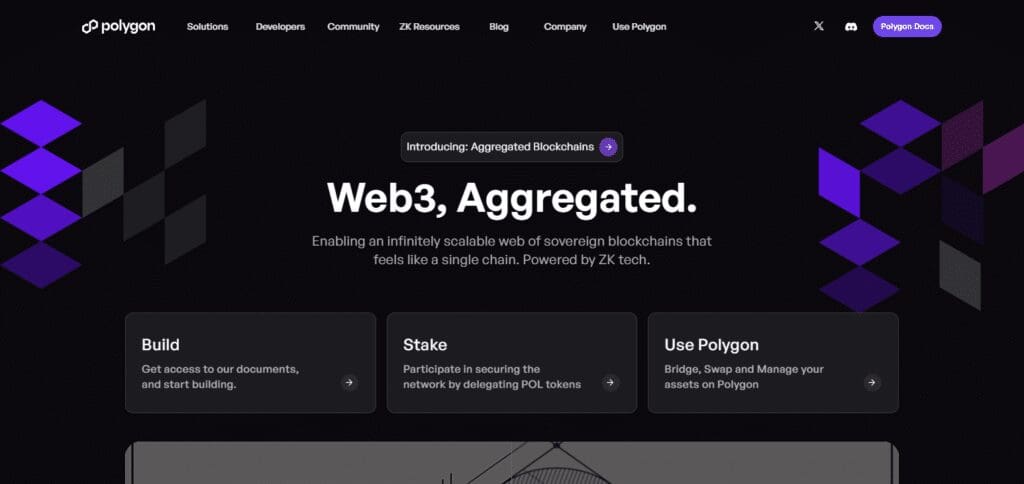
A layer-2 solution that is widely used as it allows faster and more inexpensive transactions while being compatible with Ethereum and its wide array of decentralized applications.
Loopring
A decentralized exchange (DEX) protocol that relies on the zk-rollups design to achieve scale, allowing quick and inexpensive trades while retaining security properties on Ethereum.
Avalanche (AVAX)
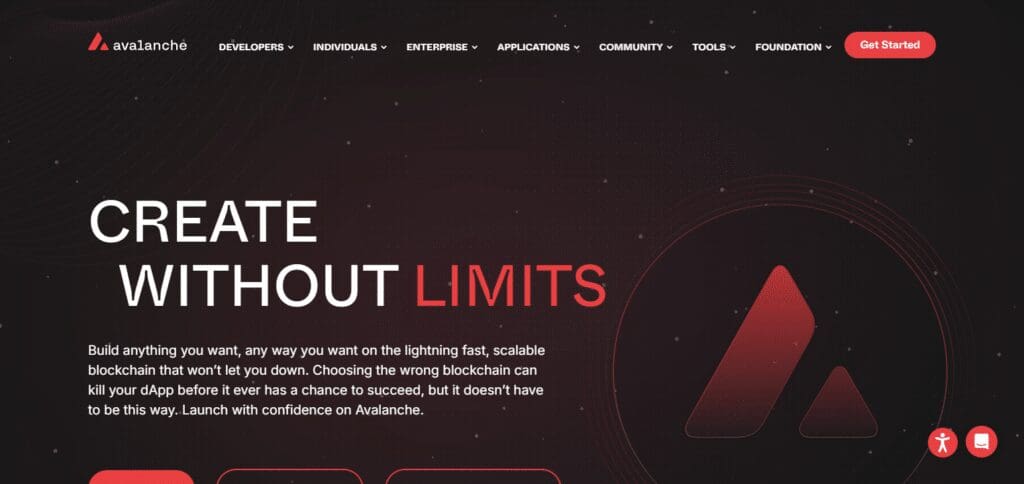
A competing blockchain platform in the market for Ethereum that ensures high speed and low cost while enabling the integration of dApps and focusing on decentralized finance (DeFi) solutions.
Conclusion
Arbitrum has the bright potential to solve the scalability dilemma that Ethereum currently faces while being quick and cheaper than the fees charged within the Eth network security and decentralization.
The combined use of rollups and how it is fully interoperable with Ethereum makes Arbitrum beneficial to developers and users.
Full-fledged support of the ARB token with voting and incentives makes Arbitrum’s position within dApps and in the entire blockchain ecosystem relevant.









